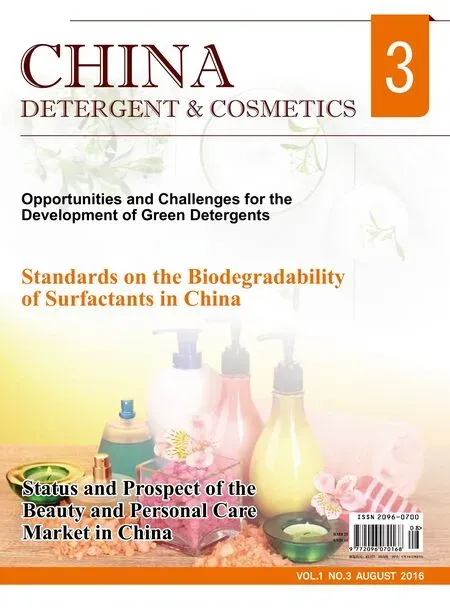Spending on Beauty up in China
Chinese consumers are still keen to spend on beauty in China, according to newly released research from Mintel, with the majority of those surveyed stating they spent more on facial skin care in 2015 compared to 2014.
In a new report dubbed Beauty Retailing China 2016,Mintel reveal that over half (65%) of consumers say they spent more on facial skin care last year than the year before,including 60% of women. Other related facial beauty markets are doing well too, with 52% of consumers buying more beauty supplements, and 46% buying more color cosmetics.
China’s economic slowdown has hit the FMCG industry hard. That said, the beauty retailing market seems resistant to decline. “This is mainly because the dynamic development of the facial skincare market,” explains senior beauty and personal care analyst at Mintel, Wenwen Chen.
Total retail sales of cosmetics in China grew 12.3% to reach RMB 204.9 billion in 2014. Mintel forecasts that the beauty retailing market will continue strong growth through 2020 to reach RMB 338 billion due, in part, to the high demand for skincare products.
Go digital
Mintel observes that with Chinese shoppers moving online at a record pace, making the most of mobile retail and marketing is going to be essential for beauty brands in China.
“Consumers like to spend more when it comes to improving their appearance. To leverage their passion and spending power, it is essential for both retailers and manufacturers to engage them via mobile platforms,” explains Chen. Mintel has found that the mobile phone is becoming an indispensable device for modern shoppers in China.
Physical stores are waning in popularity in the face of the widespread consumer move to digital spending, seen in the dramatic rise in mobile payments in China.
According to Mintel, 44% of consumers used a mobile device to pay when buying beauty/personal care products online in the three months to October 2015. This number has doubled since 2014 when 21% of beauty/personal care consumers used mobile payment methods.
Bricks and clicks
Chen believes that once consumers have made the leap to mobile retail, they are unlikely to revert back to bricks-andmortar spending, but innovation in online-to-offline (O2O)marketing may make the two retail channels much more compatible in the future.
In China, where national expansion of physical stores is diminishing, mobile is becoming the battlefield for beauty retailers. Once consumers know what they want to buy, online purchase is more cost efficient and made easier through mobile payments,”Chen notes.“The next step in O2O marketing for beauty brands is to create more personalised and targeted offers that will entice customers to visit bricks-and-mortar stores and encourage them to make instant buying decisions,this making the offline experience more complementary to online shopping.”
 China Detergent & Cosmetics2016年3期
China Detergent & Cosmetics2016年3期
- China Detergent & Cosmetics的其它文章
- Latest Research Progress of Alkyl Polyglycosides
- Impact of Air Pollution on Skin
- Recent Development on Zero-Phosphate Spray Dried Detergent Powders Incorporated with Palm C16 Methyl Ester Sulfonates
- An Introduction to the Standardization of China Oral Care Products (Toothpaste) Industry
- Comparative Study on the Domestic and Abroad Patent Application about Liquid Laundry
- Standards on the Biodegradability of Surfactants in China
